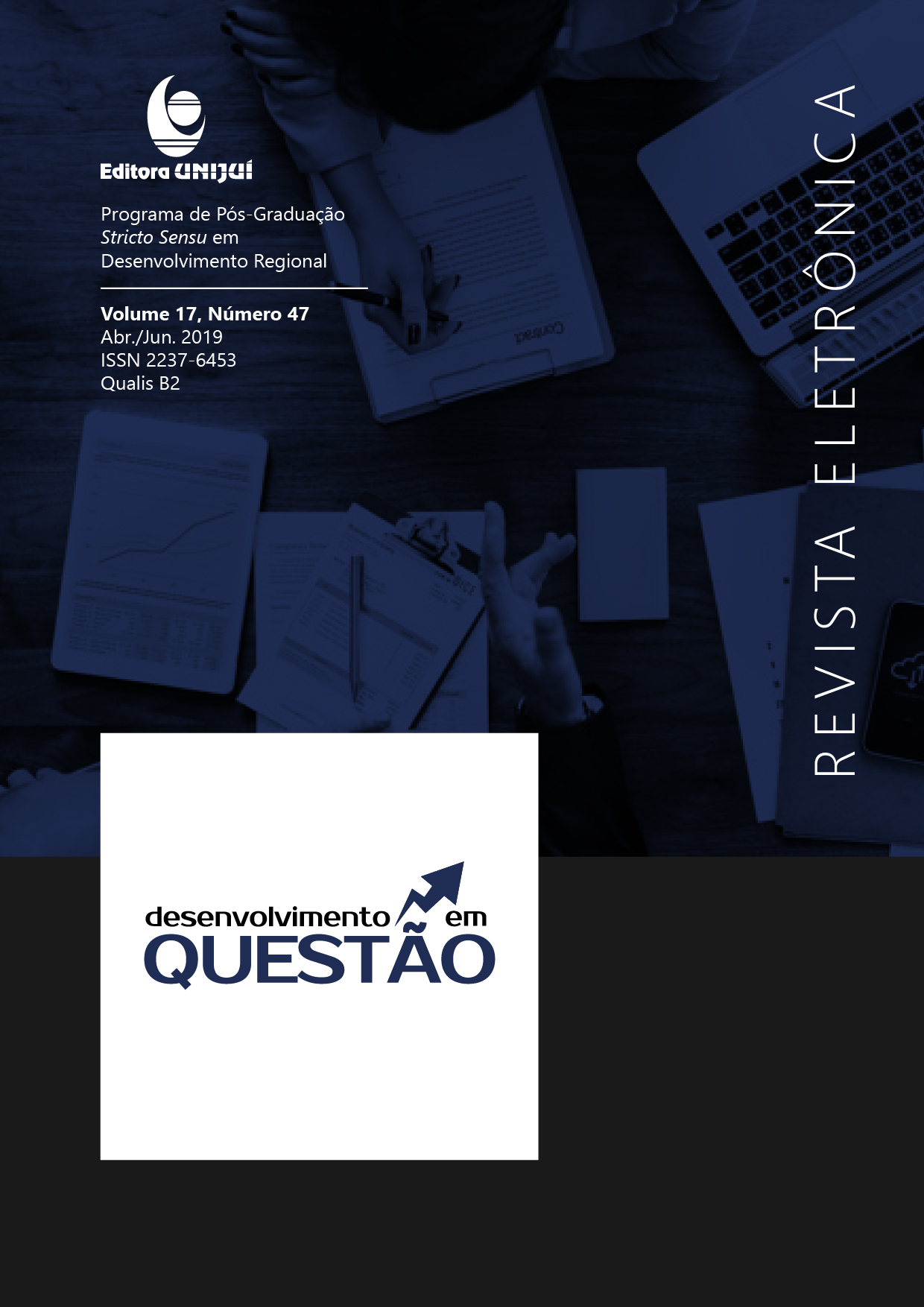Social Currency and Technology: Analysis of Brazilian Social Currencies and the Palmas Case
DOI:
https://doi.org/10.21527/2237-6453.2019.47.136-155Keywords:
Social Currency. Social Tecnology. Palmas. Brazilian Community Bank.Abstract
There are plenty of organizations from private, public and nonpublic areas dealing with the current world development crisis. Some studies have shown alternative systems of use of social and complementary currencies. This paper aims to analyze the social currency used by one a development bank to improve local economy in a poor community in Brazil, using a specific social technology (ST) . We applied an ethnographic approach to the oldest and biggest Brazilian Community Bank (Banco Palmas) and highlight the Palmas social currency creation process and use. This research has allowed the identification of patterns that make possible the ST dissemination to other nonpublic organizations. The results have demonstrated that community banks and their social currencies can play a pervasive role regarding local development, as an effective economic solution technology to reach other disfavored groups. We argue that the reapplication process close social currency use to ST concept.
Downloads
Published
How to Cite
Issue
Section
License
By publishing in Revista Desenvolvimento em Questão, authors agree to the following terms:
All works are published under the Creative Commons Attribution 4.0 International License (CC BY 4.0), which allows:
Sharing — to copy and redistribute the material in any medium or format;
Adaptation — to remix, transform, and build upon the material for any purpose, even commercially.
These permissions are irrevocable, provided that the following terms are respected:
Attribution — authors must be properly credited, a link to the license must be provided, and any changes made must be indicated.
No additional restrictions — no legal or technological measures may be applied that legally restrict others from doing anything the license permits.
Notices:
The license does not apply to elements that are in the public domain or covered by legal exceptions.
The license does not grant all necessary rights for specific uses (e.g., image rights, privacy, or moral rights).
The journal is not responsible for the opinions expressed in the articles, which are the sole responsibility of the authors. The Editor, with the support of the Editorial Board, reserves the right to suggest or request modifications when necessary.
Only original scientific articles presenting research results of interest that have not been previously published or simultaneously submitted to another journal with the same purpose will be accepted.
Mentions of trademarks or specific products are intended solely for identification purposes and do not imply any promotional relationship by the authors or the journal.
License Agreement (for articles published from 2025 onward): Authors retain the copyright to their article and grant Revista Desenvolvimento em Questão the right of first publication.











